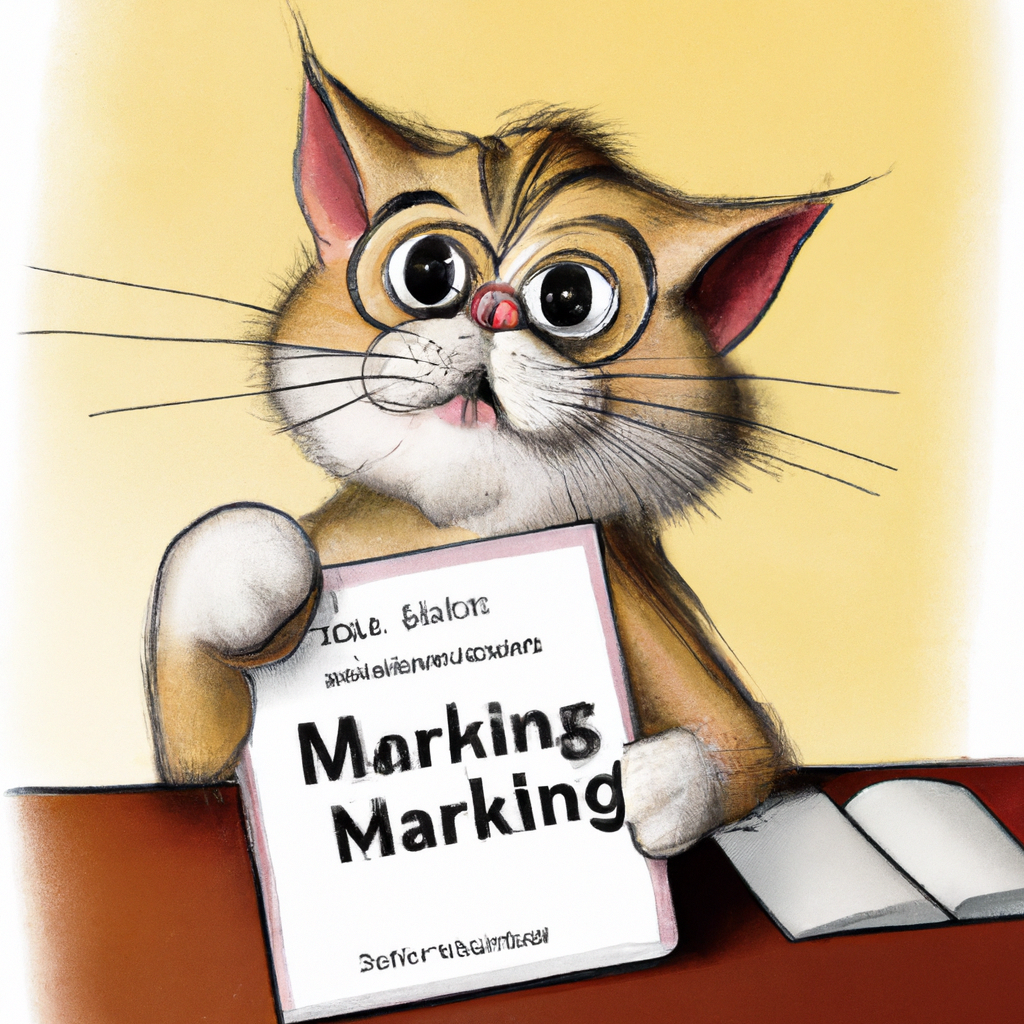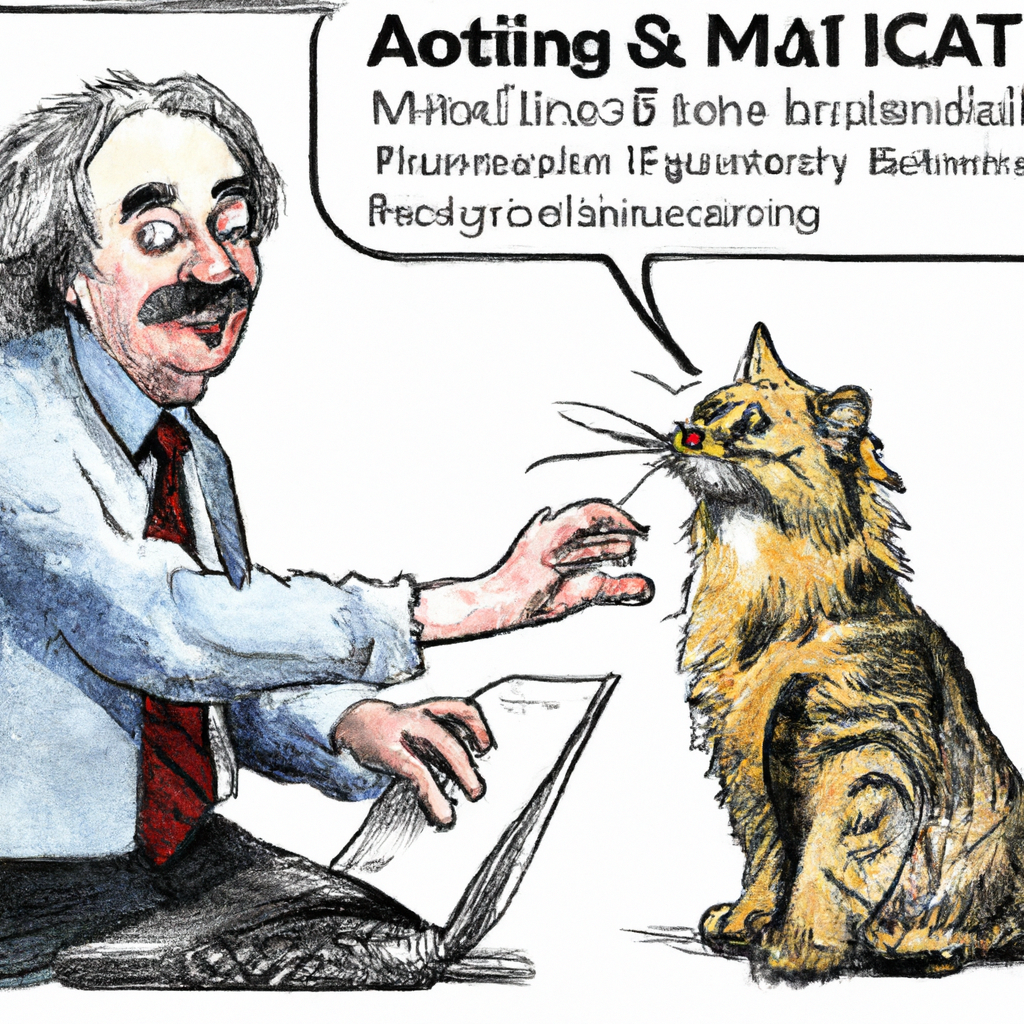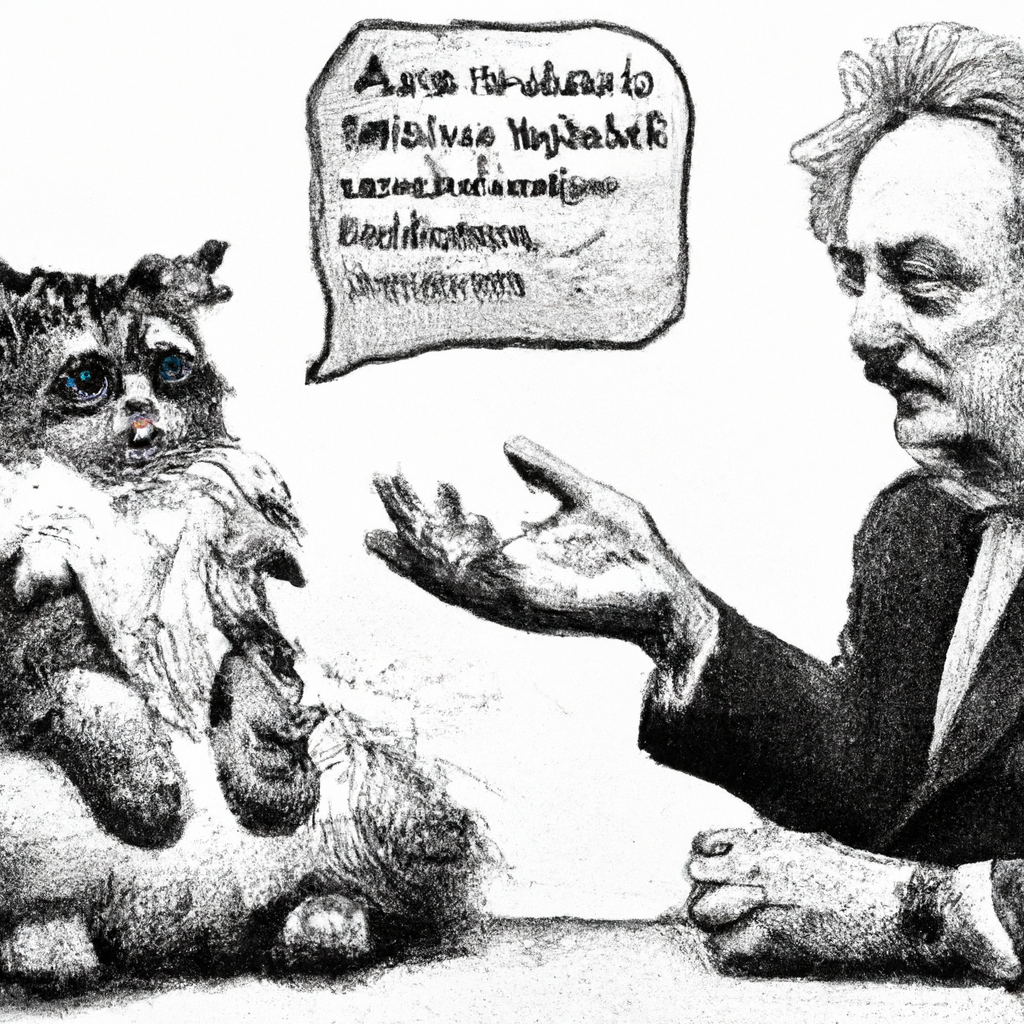Using Chat-GPT to Enhance Marketing Strategies: A Guide for Businesses
In today’s digital era, businesses are constantly exploring innovative ways to enhance their marketing strategies and engage with a wider audience. One such tool that has gained immense popularity is OpenAI’s Chat-GPT model. This powerful language model can be used effectively by businesses to improve their marketing efforts, drive customer engagement, and generate revenue. In this article, we will delve into the world of using Chat-GPT for business marketing purposes.
1) Creating Interactive Content:
Chatbots powered by GPT models can play a key role in creating interactive content that captivates users’ attention. For instance, imagine you run an e-commerce store selling clothing items; you could develop a chat-based virtual stylist who interacts with customers on your website or social media platforms. This virtual stylist would provide fashion advice based on user input regarding occasion preferences or outfit ideas.
2) Personalized Recommendations:
With the help of GPT-driven conversational agents like Chatbot interfaces integrated into your website or mobile app, it is now possible to offer personalized product recommendations tailored specifically towards individual consumers’ needs and preferences.
For example:
User: “I’m looking for running shoes suitable for jogging.”
Chatbot: “Great! What type of terrain do you usually jog on? And what specific features are important
to you?”
Based on users’ responses – whether they prioritize comfortability over durability or if they typically run off-road versus urban environments – the chatbot could present customized recommendations from your inventory accordingly.
3) Automated Customer Support:
Ensuring smooth customer support operations is vital in building long-lasting relationships with clients while reducing resource-intensive manual workloads faced by employees.
Building upon AI-powered automated response systems using Conversational UIs enables quick answers via natural language processing without frustrating hold times associated with traditional call centers.
By training chatbots utilizing realistic conversations featuring common queries surrounding order status inquiries,
product FAQs, or returns policy clarification,
customers can receive instant support 24/7 on your website or social media platforms.
4) Social Media Engagement:
Social media plays a crucial role in modern marketing strategies. Leveraging Chat-GPT models, you can automate engaging conversations with users via direct messaging features across various platforms. This allows businesses to provide real-time assistance and build personal connections that foster brand loyalty.
For instance:
User: “I love your product! What other accessories do you recommend?”
Chatbot: “We’re glad you enjoy our products! Based on what you’ve already purchased, we suggest checking out our new line of matching handbags and scarves.”
5) Market Research Insights:
Understanding consumer preferences is vital for any business aiming to stay ahead of the competition. Through conversational agents powered by Chat-GPT models, marketers have access to valuable insights gained from user interactions.
By analyzing common questions asked by customers or their feedback regarding specific products/events/campaigns,
businesses gain actionable intelligence required
to refine existing strategies based on demand patterns identified through these conversations.
In conclusion, OpenAI’s Chat-GPT model offers immense potential for businesses looking to enhance their marketing efforts. By leveraging this powerful language model strategically – be it creating interactive content through chatbots; offering personalized recommendations; automating customer support operations; boosting social media engagement; or gaining market research insights – companies now possess an array of innovative ways they can optimize customer experiences and drive revenue growth effectively in today’s digital marketplace.
Sure! Here’s an example of how ChatGPT can be used for marketing in a B2B context:
Company: XYZ Software Solutions
Scenario: XYZ Software Solutions is a company that provides cloud-based software solutions to small and medium-sized businesses. They want to use ChatGPT as part of their marketing strategy to engage potential customers and provide assistance with queries.
Implementation:
1. Lead Generation:
– The company embeds a chat widget powered by ChatGPT on their website or landing pages, allowing visitors to interact directly.
– When visitors initiate conversations, the AI assistant welcomes them and asks if they need any information about the software products or services offered.
2. Product Recommendations:
– As users express interest in specific business needs, the assistant leverages its knowledge base about XYZ’s various software offerings.
– For instance, if someone mentions needing inventory management tools for their retail store, the AI assistant could recommend using “XYZ Inventory Manager” highlighting its benefits such as real-time tracking capabilities and integration options.
3. Customized Responses:
– When potential customers ask questions regarding pricing plans or service features via chat messages, the AI-powered virtual agent can provide accurate answers promptly.
– If necessary details are missing from user inquiries (e.g., budget constraints), it politely prompts users for additional information before giving recommendations tailored specifically to fit those requirements.
4. Real-Time Customer Support:
– Apart from lead generation purposes alone, companies can also provide customer support through live-chat channels integrated with GPT-powered assistants.
– Whenever existing clients have issues with installations/troubleshooting certain aspects related
to provided solutions/products/services customer executive personnel along-side,
an AI-assistant like “Chat-GPT” could join chats summaries already received,
and assist quickly based upon logged-data & past case-studies while keeping human personal touch intact,
5.Encouraging Newsletter Sign-ups/Promotions:
– By engaging visitors through ChatGPT, the AI assistant can invite them to subscribe to company newsletters or email lists.
Subsequent targeted promotional emails can be sent by leveraging gathered information about users’ interests and requirements.
6. Conversion Tracking and Analytics:
– All interactions between customers and the chatbot can be logged for analysis purposes.
The data collected includes user queries, frequently asked questions,
conversion rates on lead generation efforts & other useful insights
to further enhance marketing strategies.
In summary, using ChatGPT as part of your marketing strategy allows businesses to provide real-time assistance tailored to customer needs while generating leads through personalized recommendations.






